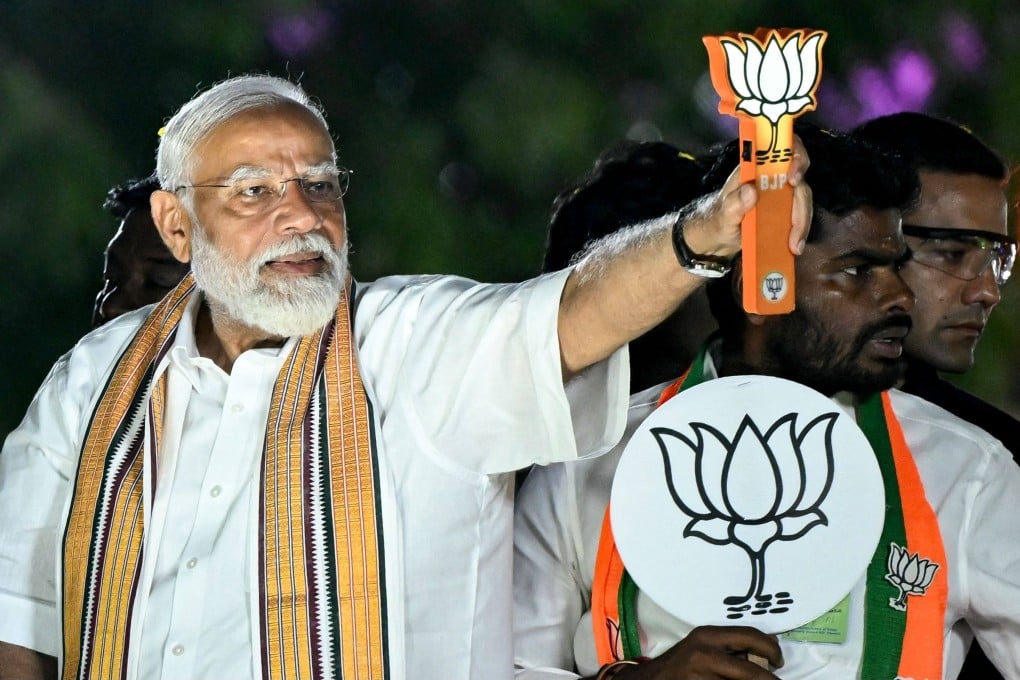Opinion | Modi’s claim on Sri Lankan island may be more than Indian election talk
- Fiery border talk tends to happen around election time but the latest instance is also part of a disturbing pattern of growing assertiveness in India’s neighbourhood policy

Worryingly, India’s external affairs minister S. Jaishankar backed Modi’s assertion at a press conference and spoke of finding a “solution”. Jaishankar’s statements raise the possibility that India could formally assert a claim over the island and that Indian fishermen will demand a return of fishing rights in the waters around it.
Indian governments, including the incumbent, have consistently stated over the years that the Katchacheevu island lay on Sri Lanka’s side of the maritime border.
Former Indian diplomats who served as high commissioners to Colombo, such as Shivshankar Menon (1997-2000) and Nirupama Menon-Rao (2004-2006), have cautioned against revisiting the agreement related to the island made by the Indian and Sri Lankan governments in 1974, saying that such a move would affect New Delhi’s credibility.
Opposition politicians from the Congress party, news analysts and former Indian diplomats link the government’s current narrative with the Tamil Nadu election on April 19. The ruling Bharatiya Janata Party (BJP) appears to want to win votes by accusing the Congress-affiliated ruling party in Tamil Nadu of failures and by taking up the issue of Tamil Nadu’s fishermen’s rights in the Katchatheevu waters.
